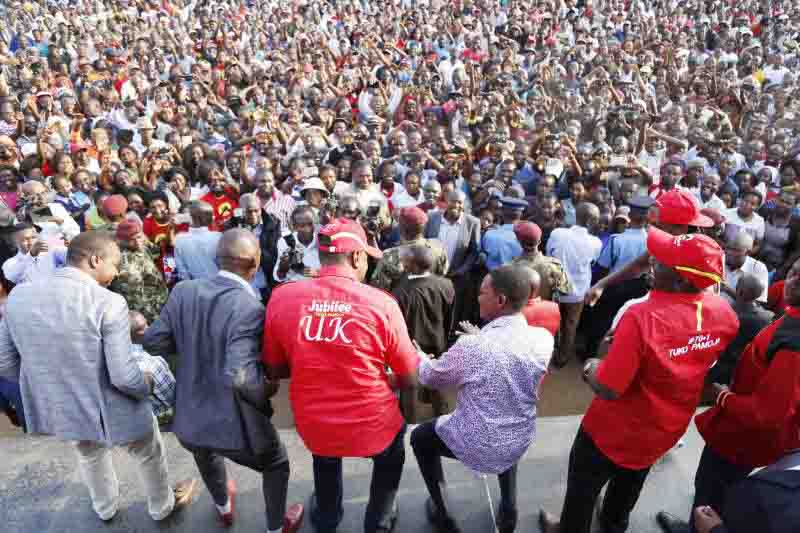×
The Standard e-Paper
Join Thousands Daily

The bloodiest event in post-independence Kenya, the 2007-2008 post-election violence, happened at a time when the country was enjoying a historic economic blossom.
This should be a fact inscribed on Kenya’s forehead. Therefore, to invest in infrastructure with an expectation that it will directly quench violence is short-termism. There is truth in observing that peace does not depend on economics but economics does depend on peace.